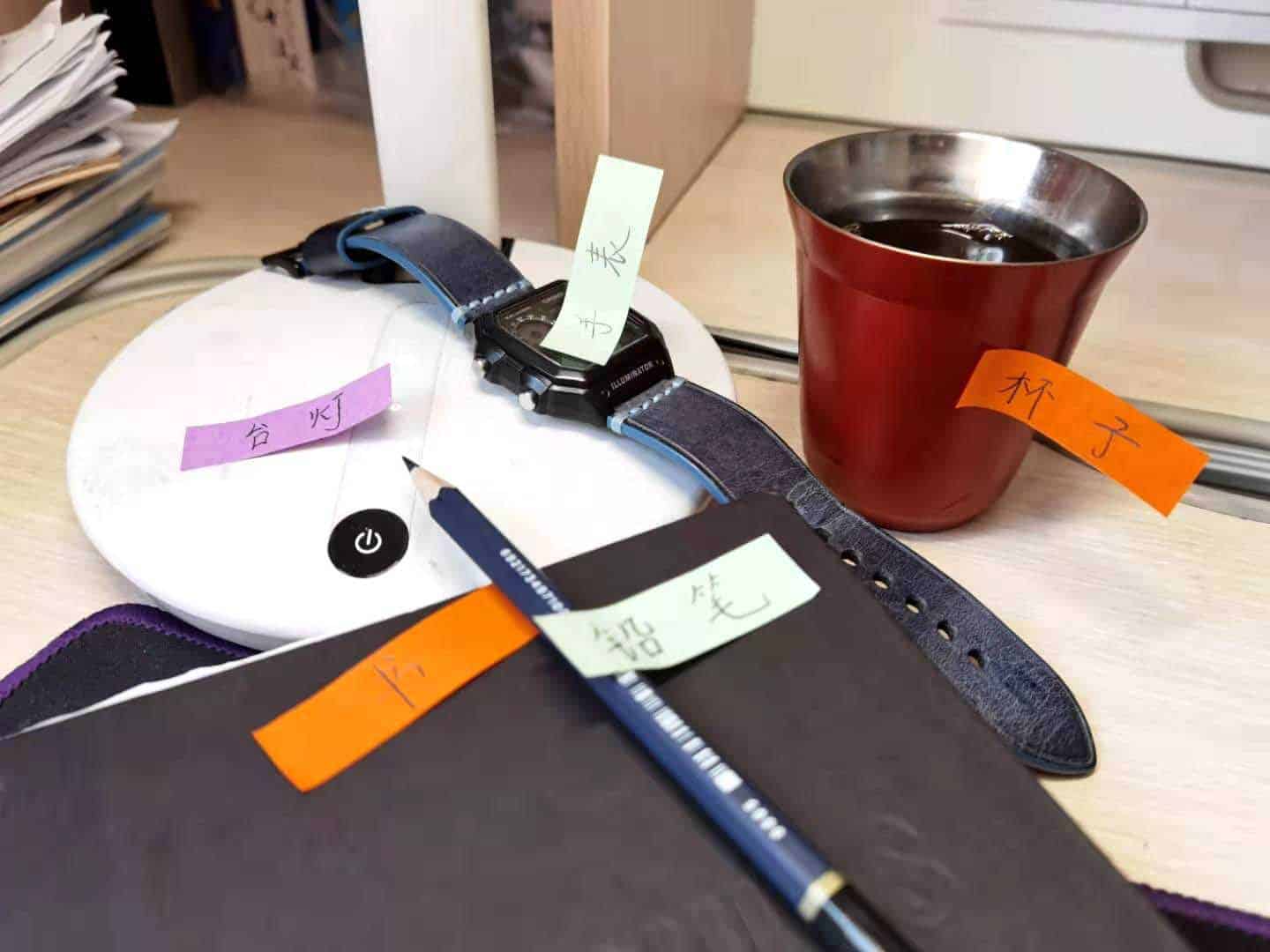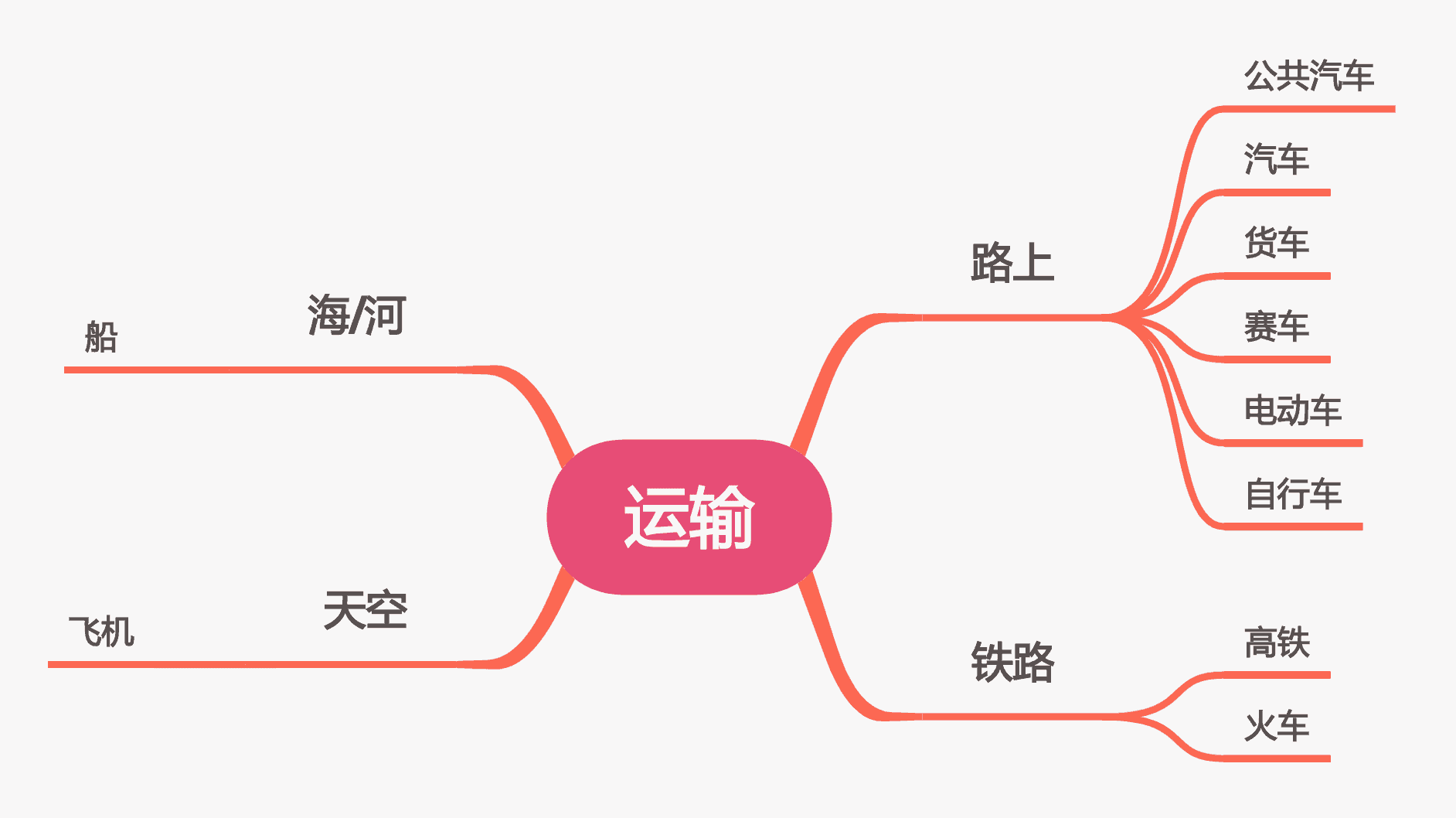Comment se souvenir des mots chinois ?
Why it is difficult for foreigners to remember Chinese words? Memorize Mandarin words and characters with these tips.
Have you ever worried about how to remember Chinese vocabulary? Have you tried to memorize a word over and over again, but it didn’t help a lot? Why did that happen? There may be the following reasons:
- The Mandarin Chinese language is not phonetic, so you can’t understand the true meaning just by remembering pronunciation
- Chinese has four tones, and the vocabulary with different tones have different meanings. And there are some homophones, the same pronunciation may have different semantics
- A word in Chinese has multiple meanings and has different meanings in different situations
- Some words are only seen in textbooks, but not used in life, so they are quickly forgotten
How to memorize Chinese words?
Now, these methods may help you :
Labeling things in Chinese
Put Chinese Hanzi labels on all the items in your home. Especially common household appliances and daily necessities in the home. For example, you can check the dictionary to find the word ‘fridge’, and then write it on a note and stick it to the refrigerator. Whenever you open or close the refrigerator (maybe 20 times a day), you’ll see the label. You can start with the pinyin tags, and then continue to use Chinese characters after you are familiar with the words.

Learn the word in context
Sometimes, a word may have many different meanings. So when you remember, please don’t just write down a word, but remember the context in which it is located. It’s best to have an example sentence. Although it will take some time, it can help you to know exactly how to use a Chinese word.
For example, consider the English word ‘deep’. ‘Deep’ means different things in different sentences. The sea is deep or shallow. ‘Deep’ means a large distance from top to bottom or from outside to inside. It is opposite to ‘shallow’ here is: 海很深. Deep can also be abstract, as in ‘this book is very deep, and not easy for beginners to understand’. Deep here means profound, like the sentence ‘they have deep feelings’. In Chinese, there’s also ‘deep’ for colors, just like impressions: 她给人留下了很深的印象。 他的夹克是深红色的。
Do you know exactly what definition to use? The answer is context.
Use new Chinese words as often as possible
Use new vocabulary in daily conversations, writing, and any other opportunities. The more you use new Chinese words, the more comprehensive and fluent you will understand and remember them. Sometimes we need to create a situation by ourselves, or actively use the new Chinese words we learn in the process of chatting with friends to deepen our memory, and at the same time, we can check whether we are using it correctly.
Visual memory
If you are a Chinese learner with strong logic or who likes graphic memory, mind mapping is a good choice. This doesn’t mean that you need to list new Chinese words one by one, but that you build a network of words based on the existing relationship between the Chinese words. You can summarise words that have the same morpheme. For example: ‘电 diàn’ which means ‘electricity’, and can be combined with other words to form ‘电灯 diàndēng -electric light’, ‘电话diànhuà -telephone’, ‘电视diànshì- television’, and so on.
For example, we know the word ‘fruit’, such as mango, apple. ‘果guǒ’ means ‘fruit’, and there are some related words, such as ‘效果 xiàoguǒ’ effect, ‘结果jiéguǒ’ result. Continue to extend this sequence, there can also be ‘果敢 guǒgán’ courageous and so on.
Visual memory is not limited to the same root, the same topic can also be associated. If you want to travel, you will think of the means of transportation you need to take, such as:坐火车/高铁/火车站 公共汽车/出租车 /船 / 飞机 / 骑自行车 / 电动车 /摩托车 汽车 ,去机场 / 港口. As well as the drivers who drive these means of transportation. Each industry has a different name. 司机/旅游客们/游客/导游/驾驶 / 飞行员/ 船长.
Or based on a topic, come up with a brainstorm and list all the words you would naturally think of. For example, if you are going to travel, what kind of food do you have to consider? Or what kind of luggage do you need to bring?
Read Chinese words aloud
Although this sounds like a super basic tip, this method is extremely effective to memorize Chinese words. When you first start to learn the Chinese language, correct and standard pronunciation are the cornerstone of Chinese learning, so it is necessary to read aloud and follow vocabulary and sentences. It’s best to record it and let the teacher or your Chinese colleagues or friends listen to it. If the pronunciation of a word is incorrect, don’t worry, your Chinese teacher or friend will tell you, so that it will deepen your memory again, and you will also know its usage.
Sometimes making a joke makes us remember more deeply. Such as ‘xióngmāo’ (panda) and ‘xiōngmáo’ (chest hair), ‘shuǐjiǎo’ (dumplings) and ‘shuìjiào’ (sleeping). If your vocabulary pronunciation is accurate, use it as much as possible.
Other ways to remember Chinese vocabulary
Pleco
For good reasons, Pleco holds a special place in the hearts of many Chinese students. It is easy to use, full-featured and has many functions and additional components. If you only use one vocabulary resource, then do it! Technically speaking, Pleco is not a dictionary itself, but an application that allows you to access many dictionaries.
Quizlet
Flashcards are one of the oldest techniques and still a simple but powerful tool for Chinese vocabulary practice. In the past, you had to waste a lot of time writing down each new word you learned on a small note or paper, and then write its definition on the back. Now you can use Quizlet. Quizlet is an Internet flashcard that is very popular among students and teachers, which greatly saves your time. Go through the flashcard several times a day, try to remember the definition of the word first, and then check the back.
Read here for other apps and websites for Chinese learning.





